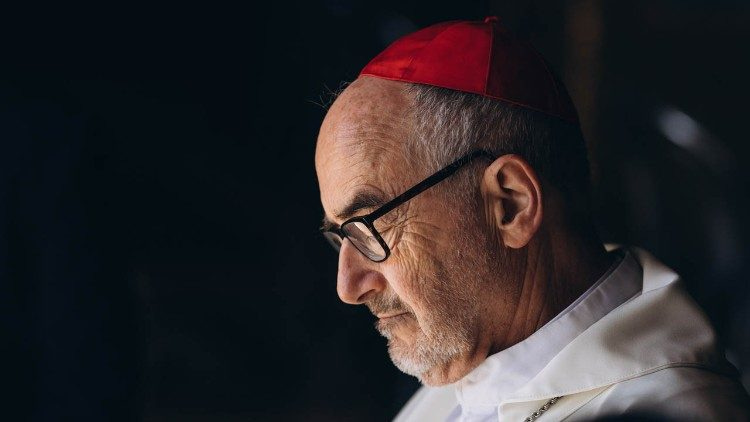Czerny on papacy: ‘Part of a beautiful mystery’
"We are called to bring the Gospel to all creation."
As the College of Cardinals heads to a conclave to elect the next pope, many in the college feel a need for stability after Francis’ eventful 12-year pontificate.
In that light, some cardinals have stressed the importance of unity as a priority for the next pope.
Cardinal Michael Czerny, SJ, on the other hand…

